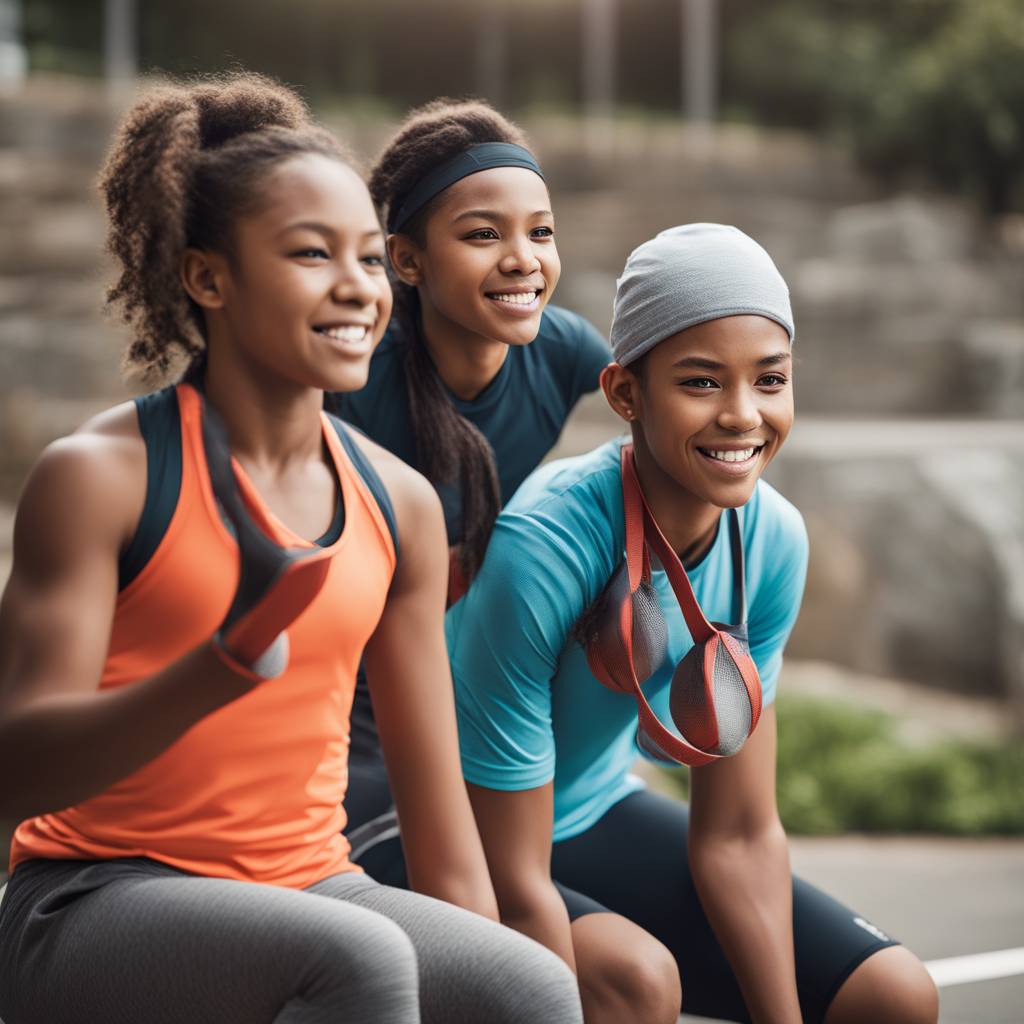Forming a long-term recreational exercise habit as a young person has a positive impact on physical and mental health later in life, but some groups, such as females and high academic achievers, miss out on these benefits disproportionately. A University of Adelaide study found that females, people with low self-efficacy, reluctant exercisers, higher academic achievers, and those experiencing socioeconomic disadvantage are most at risk of failing to establish regular exercise patterns during the transition from adolescence to young adulthood. The Longitudinal Survey of Australian Youth (LSAY) data showed that young Australians exercise less regularly every year after transitioning from high school to university and work.
Associate Professor Oliver Schubert from the University of Adelaide emphasized the importance of sustained regular exercise in young people for improving fitness, physical health, self-esteem, reducing distress, and creating long-term patterns that reduce disease risk in adulthood. The critical period to establish these behaviors seems to be around the age of 15. The gender disparity in exercise habits is influenced by reduced opportunity, lower access, lack of sports diversity, parental and cultural expectations, stereotypes, and role models. Psychological factors, such as perceived sports competency and self-efficacy, may also play a role in female adolescents’ lack of exercise habits.
The unexpected finding that academic high achievers are at risk of not establishing regular exercise habits highlights the need to promote a balance between study and self-care for this group. The LSAY data, which follows Australian youth as they transition from school to study or work, provides valuable insights into the impact of changes in society and policy on educational, occupational, and physical and mental health outcomes. The researchers emphasize the need for outreach to encourage at-risk groups to develop long-term exercise habits, with a focus on secondary schools, universities, vocational training institutions, state governments, and local councils.
The researchers recommend early intervention to support and encourage physical activity and sport among at-risk groups. They stress the importance of secondary schools, universities, vocational training institutions, state governments, and local councils in promoting leisure infrastructure that supports the needs of young people from all gender and socioeconomic groups. Funding and support for grass-roots community sports programs are seen as critical in addressing the disparities in exercise habits among different demographic groups. The findings from the study highlight the need for targeted interventions to promote long-term exercise habits and improve the physical and mental health outcomes of young people in Australia.













